UNIVERSITY OF BEDFORDSHIRE
Title: A help guide to producing engaging communications for students

UNIVERSITY OF BEDFORDSHIRE
Title: A help guide to producing engaging communications for students
Many colleagues communicate with our students on a regular basis. This Help Guide provides colleagues with hints and tips for producing engaging communications that resonates with our students.
This is especially important as students receive numerous amounts of information – through social media, email, the web and advertising – each day.
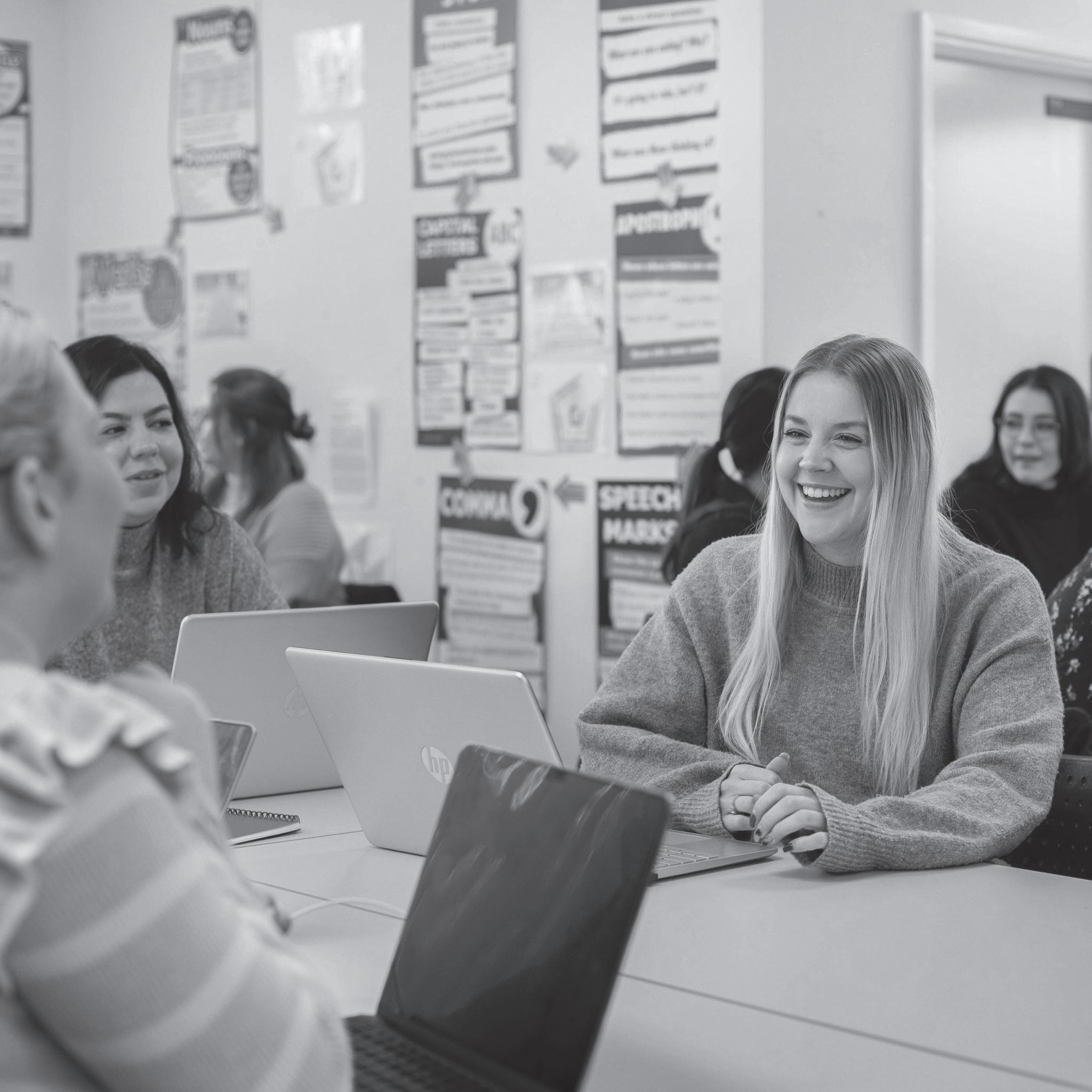


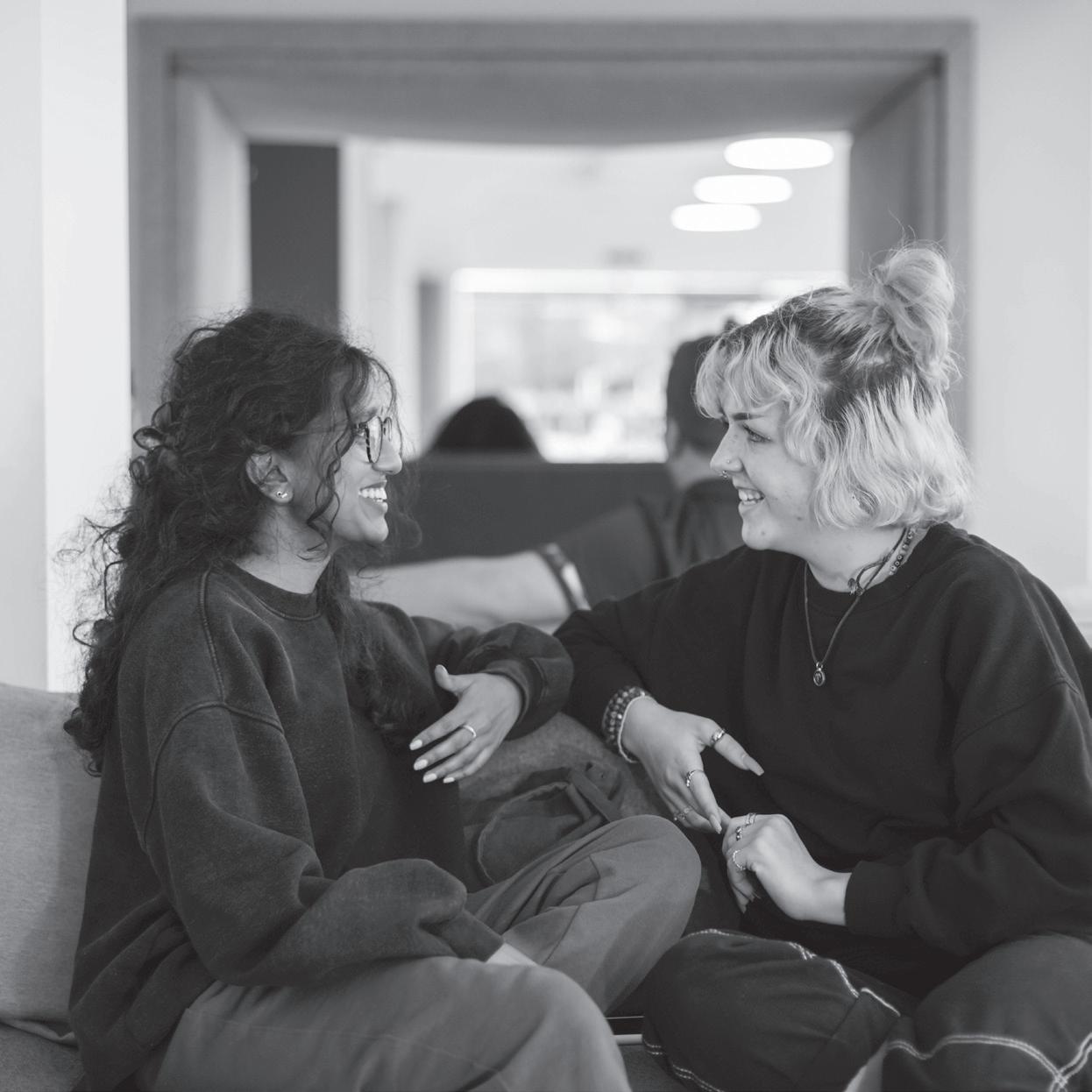

Is well-planned – key messages need to be identi ed, communicated and reinforced using a variety of media to have an impact.
Is coordinated – to avoid information overload which leads to disengagement, and to maintain a level of consistency of tone and ‘feel’ of communications across the University.
Is engaging – it presents information and messages in a way that captures the audience’s attention, using text layout, straightforward language and visuals such as pictures and infographics to aid speedy understanding of the message.
Is targeted – it makes it clear who the intended audience for the message is and includes content that the audience perceive as relevant to their interests and concerns.
Is inclusive – it recognises our students are diverse in mode of study, location of study, age, gender, ethnicity, religion, sexuality and social background, and does not lump them into one undifferentiated mass or make assumptions about what matters to them.
Includes a call to action – generally we want students to do something as a consequence of the communication. It should be clear what action is required and why it matters to the recipient.
Opens up and sustains a dialogue – whether by inviting comment or response or giving a point of contact to eld questions and replies in a timely way when questions and comments come in.
Makes effective use of digital technology – including the student app MyBedsLife, social media, video, digital signage, instant messaging and BREO, recognising that email is not always the most effective means of communication.
Seek advice from the Student Communications team (studentcommunications@beds.ac.uk) if you need help communicating your message to students.
When creating communications for our students, please think about:
Put yourself in their shoes – think about the tone and style that is used and why your information is of interest to students.
Keep it short and to the point, use clear headings and bullet points to make finding information easy.
Use plain English –using simple language and avoiding jargon and acronyms that students might not understand.
Link to more information where possible. Use descriptive hyper-links within the text e.g. ‘For more information see our student support pages.’
Speak directly to the reader, use ‘you’ and ‘we’, and avoid passive language e.g. ‘You can get support from...’
Rather than ‘students can access support…’

Include a clear call to action where possible - make it obvious what you want them to do at the beginning of the communication and how to go about doing it, e.g. instructions to ‘sign up’ or ‘read more’.
Avoid graphics with lots of writing, use descriptive ‘alt text’ on any images and make sure the key information is in the main body of text, so that people using screen readers get all the important details.
Limit the messages to two key points. Choose 2 or 3 most important points and save the others for a different message.
Always include action items or next steps to empower students to make good choices. Never bring up problems without suggesting at least three solutions, resources or actions a student can pursue.
Adapt your message for multiple channels, but keep the call to action the same so students can recognise it is the same message.
Keep language positive, even if the overall message is negative.
Accessibility: our communications should be clear, direct and easy to understand and all students should have equal access to our communications. Take a look at the following the accessibility tools for Microsoft 365 which includes a handy accessibility checker.
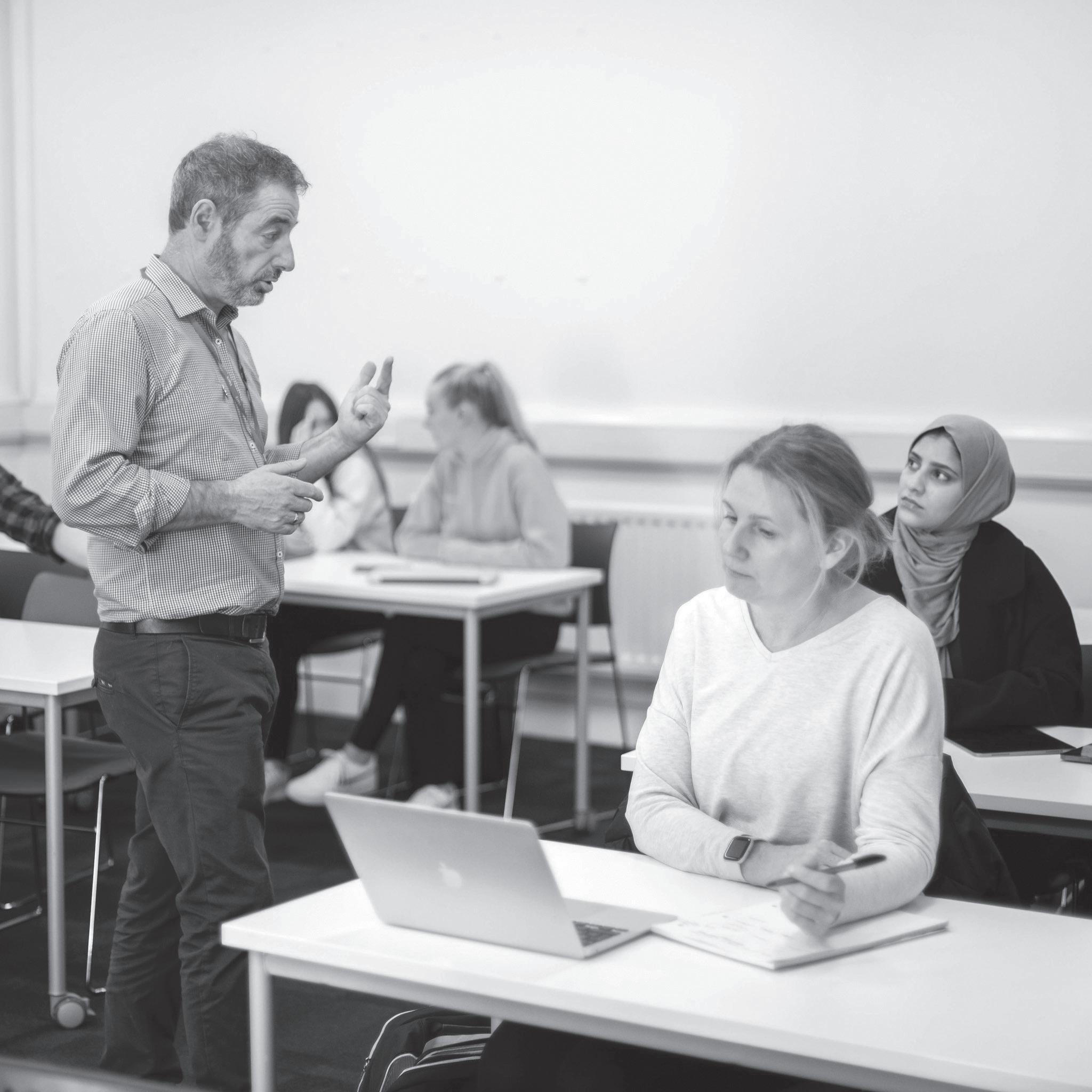


Use our style guide when writing a communication. You can see our style guide here: https:// in.beds.ac.uk/MARC/ brand/university-styleguide.
Use an upper case U when talking about our University, and lower case when talking about universities in general. Dates are in the format
‘Tuesday 1 June 2021’. For durations of time, use: 09:00-11:30 or from 9 to 11:30am.
Use bullet points, sidebars and featured quotes to share information instead of long paragraphs of prose. This leads the eye more easily, but shorter bites are easier to understand and retain.
Think about video! Our students are very comfortable with screens and video content, so this can be an engaging way to communicate with students. Get in touch with our Student Communications Team (studentcommunications@ beds.ac.uk) who can offer some advice and support.
Communications are dependent on the intended impact and the needs of the audience. Some examples are:
Time sensitive, urgent, one off announcements
University policies, processes and student services
Personal and career development and social opportunities
Campaigns to improve understanding or change behaviour
EXAMPLES: Timetable change, campus closures, no running water, industrial action
How to register, mental health support, Personal Academic Tutoring
Welcome week activities and events, Careers events/fayres, public lectures
Introduction of learning analytics, Race Equality Charter
CHANNELS: Email, student app notification, BREO, text message
Email, website, student app, social media, videos, blogs
Student app banners, student app notices, digital signage, social media, studentnewsletter, website
Repeat the message regularly through every channel: Email, website, student app, social media, videos, digital signage, BREO, student app notifications
Provides advice and support to staff communicating with students and promotes best practice.
We now have a dedicated team providing centralised student communications. The Student Communications Team has the following responsibilities:
Co-ordinates communications for the full student journey - engaging students from Freshers’ through to graduation which helps to create a sense of community and belonging.
Develops overarching multi-channel student engagement campaigns.
Reviews and develops our current communications channels and implements new channels if necessary.
Helps create that sense of pride in the University among the student community.
Academic teams and departments will still communicate with their students specifically about their courses and develop and build relationships with them.
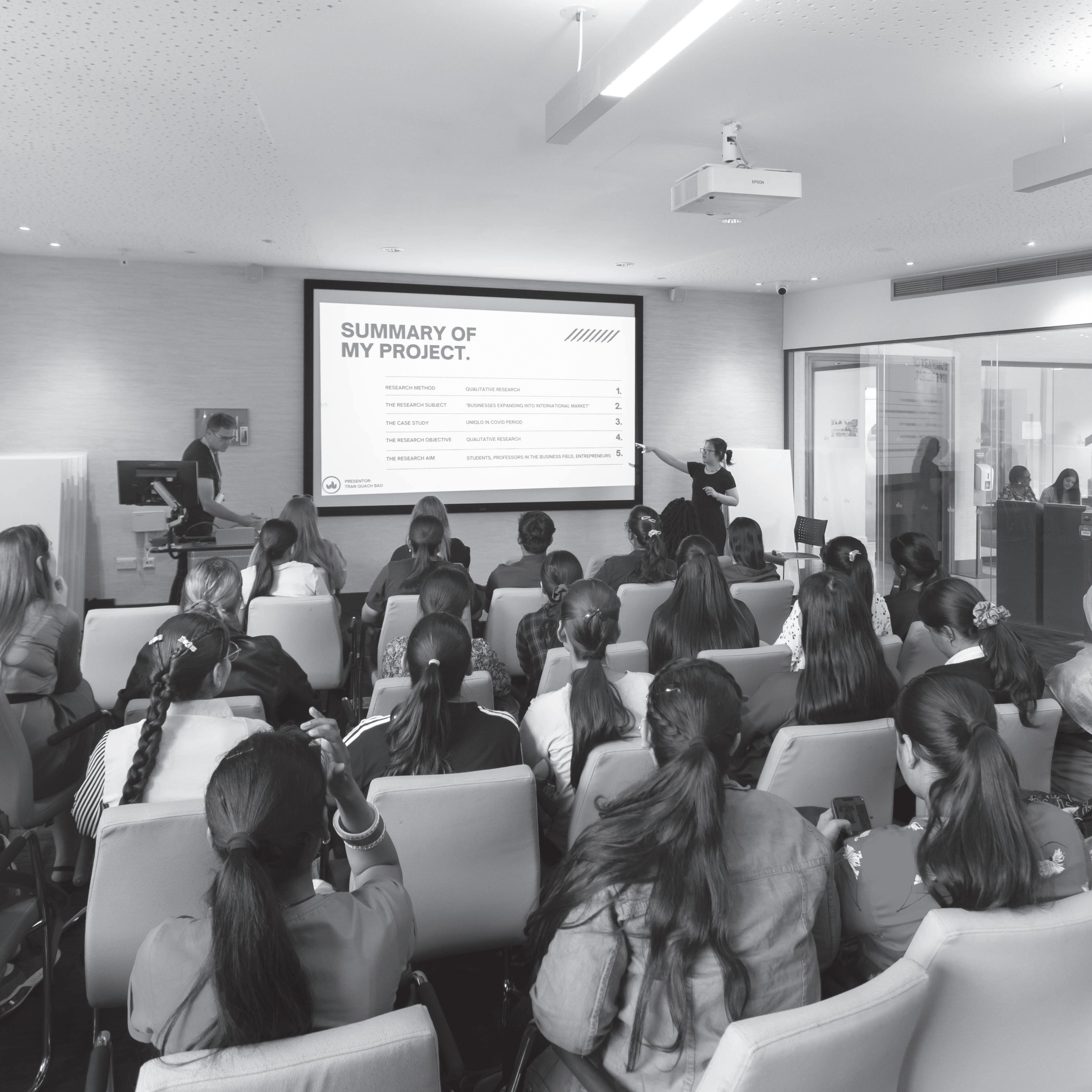
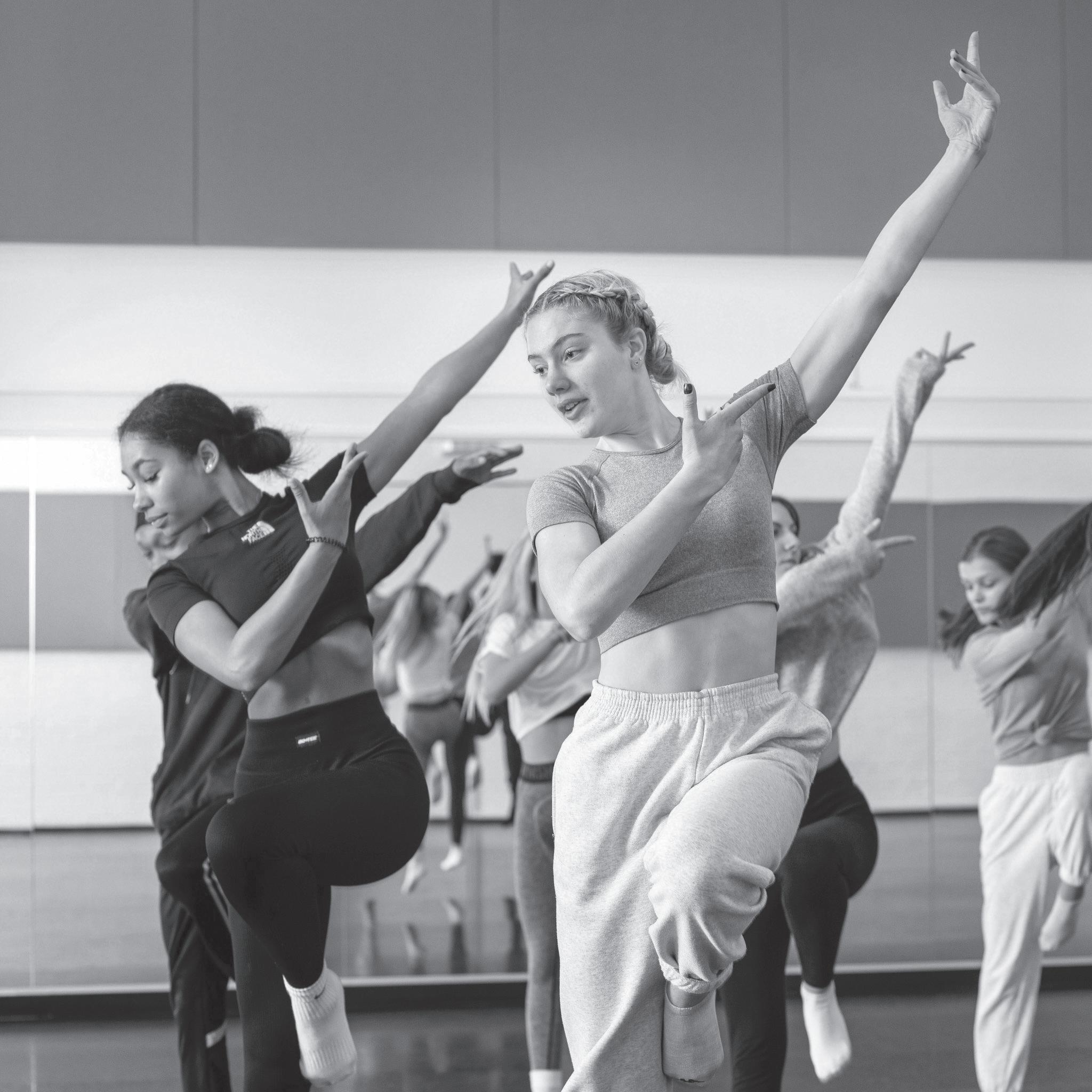
Beds SU has its own programme of communications for students, tailored to student interests and incorporating key messages about involvement in the Students’ Union. Often Beds SU and the University will embark on communications campaigns delivered in partnership where there is a shared agenda and benefit for students, for example, relating to student wellbeing.
University staff may request that Beds SU include relevant messaging in its communications with students, and Beds SU will try to accommodate such requests within the constraints of its communication plan and schedule. However, Beds SU cannot distribute messages on behalf of departments or the University. To get in touch with Beds SU about student communications please contact bedssu@beds.ac.uk.

Data Protection Policy:
https://in.beds.ac.uk/media/u5fnnbya/data-protection-policy_2022.pdf
IT Data Security Policy:
https://in.beds.ac.uk/media/264351/it-data-security-policy.pdf
University Style Guide: https://in.beds.ac.uk/roam/brand/university-style-guide/
Brand Guidelines:
https://in.beds.ac.uk/roam/brand/
Style Guide: https: https://in.beds.ac.uk/MARC/brand/university-style-guide
Code of Conduct for Employees: https://in.beds.ac.uk/media/264377/code-of-conduct-for-employees.pdf
Equality and Diversity Policy and Strategy:
https://www.beds.ac.uk/media/dvsb00o4/edi-policy_action-plan-final-october-2022.docx
Prevent Policy:
https://in.beds.ac.uk/media/256990/prevent-policy1-jan16.pdf
Poster Policy:
https://in.beds.ac.uk/communications/internal/poster-policy/
• Personal/targeted information
• One-off campaign emails with a call to action
• Important university emails
• Plain text, unformatted emails
• Lengthy information
• Information without links to further content or call to action
✔ Encourage email opening by keeping the subject line brief, clear and unambiguous but carry as much information about the content of your email as possible. It should grab the attention of the reader and address what’s in it for them
e.g. ‘free event’
✔ Use a University email signature so the recipient knows who you are
✔ Don’t attach large files – use a service like OneDrive or embed a link
✔ For mass emails use ‘bcc’ not ‘cc’
✔ Avoid use of personal accounts except for a crisis or in special circumstances’
Student Communications: studentcommunications@ beds.ac.uk
Newsletter
• Short snippets of information which link to upcoming events, activities, articles and campaign calls to action
• Lengthy information
• Information without links to further content or call to action
✔ Engaging written content that grabs the reader’s attention
✔ Provide an eye-catching photo
✔ Call to action is clear
✔ Provide a link for more information
Student Communications: studentcommunications@ beds.ac.uk
MyBedsLife
Student App Banner Adverts
• Messages relevant to a large proportion of students
• Links to important information/ services
• Headline information
• Upcoming events, activities, campaigns with a call to action
Newsroom
• Messages relevant to a large proportion of students
• Useful information for students
• Upcoming events, activities, campaigns with a call to action
• More informative messages which can used a link for a banner
• Lengthy information
• Information without links to further content or call to action
✔ Use visuals to attract attention
✔ Avoid text speak and acronyms
✔ Be specific with details of events (date, time, location)
✔ Provide a URL linking to further information
✔ Display them in good time and remove once they are no longer relevant
✔ Limit the use of text
Student Communications: studentcommunications@ beds.ac.uk
• Urgent messages
✔ Call to action or key message in the heading or sub-heading
✔ Try to keep the messaging to the point to keep readers engaged
✔ Have a contact or link if students need more information
✔ Provide a photo to make the message stand out
Student Communications: studentcommunications@ beds.ac.uk
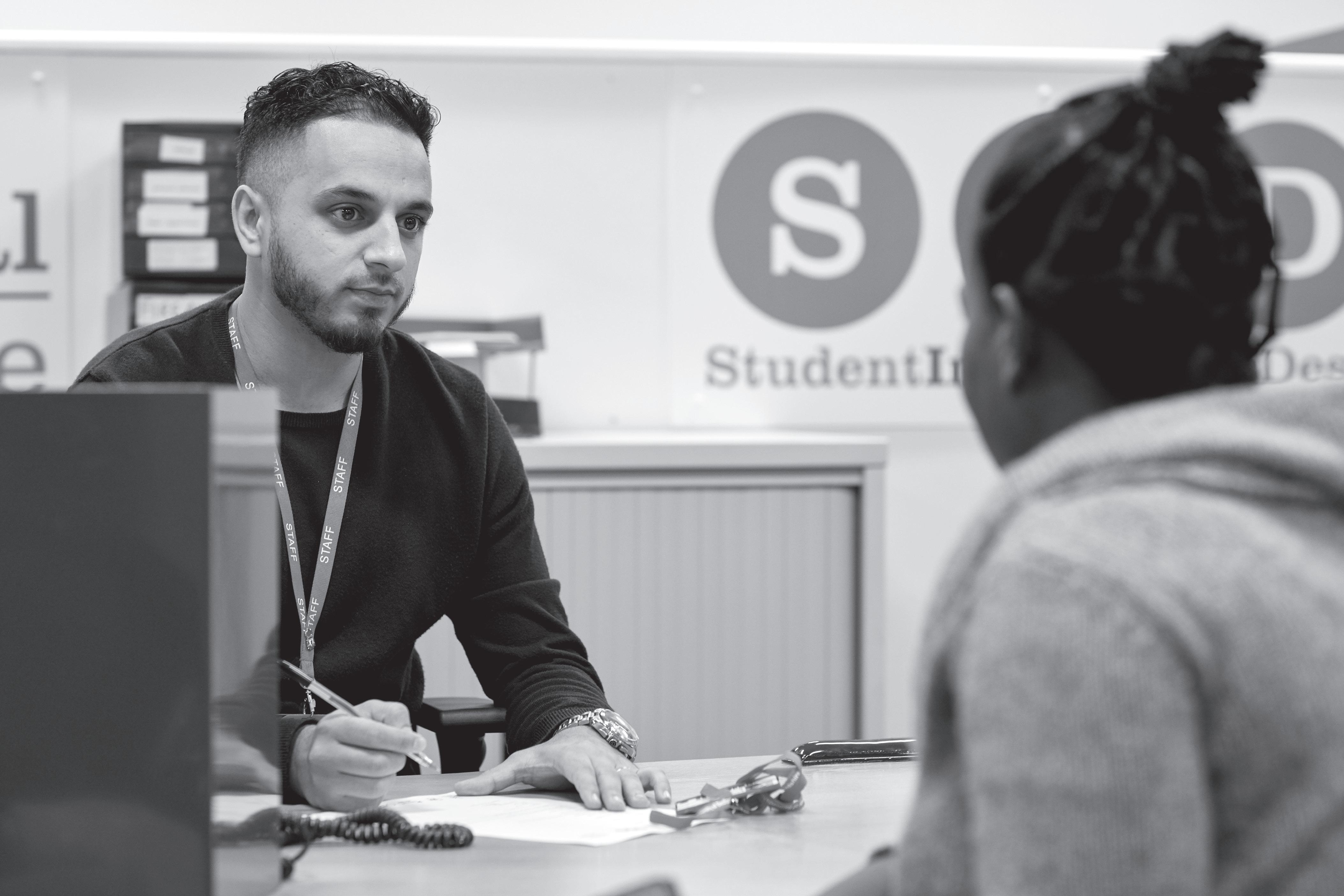
Notifications
• Urgent or time-bound information
• Last-minute information (timetable changes, appointments, etc.)
• Critical incidents/emergencies
• High priority campaigns
BREO Course Information
• Links to important information/ services
• Headline information (Slider)
Website Course Information
• Course information
• Information on policies, processes, services and opportunities
• Directing traffic to the website, by linking to articles from emails and social media
• Lengthy messages
• Photo or video communications
✔ Call to action or key message in the heading
✔ Limit the use of text
✔ A link to the action
✔ Notifications can stay up on the app for up to 2 weeks but will only pop up once
✔ Option that students must click to confirm they have read the message before it goes off screen
Student Communications: studentcommunications@ beds.ac.uk
• Urgent or time-bound information
✔ Avoid lengthy links – use a service like tinyurl or embed the hyperlink in the text
✔ Use visuals to attract attention
BREO support: breosupport@beds.ac.uk
• Urgent information
• Information that is likely to become rapidly out of date
✔ Attend Umbraco and Writing for the Web training if you are inexperienced at writing for the web – available from ROAM
✔ Avoid complex page hierarchies that require multiple clicks to access key information
Web Team: website@beds.ac.uk
Instant message/text
• Last-minute information (timetable changes, appointments, etc.)
• Critical incidents/emergencies
Social Media Facebook
• Non-urgent communications
• Publicity and campaigns
✔ Keep it short and concise
✔ Avoid text speak and acronyms
✔ Seek permission – text can be intrusive
Student Communications: studentcommunications@ beds.ac.uk
• Content-rich posts
• Facebook Live: Q&As, events etc.
• Conversations: encouraging students to comment
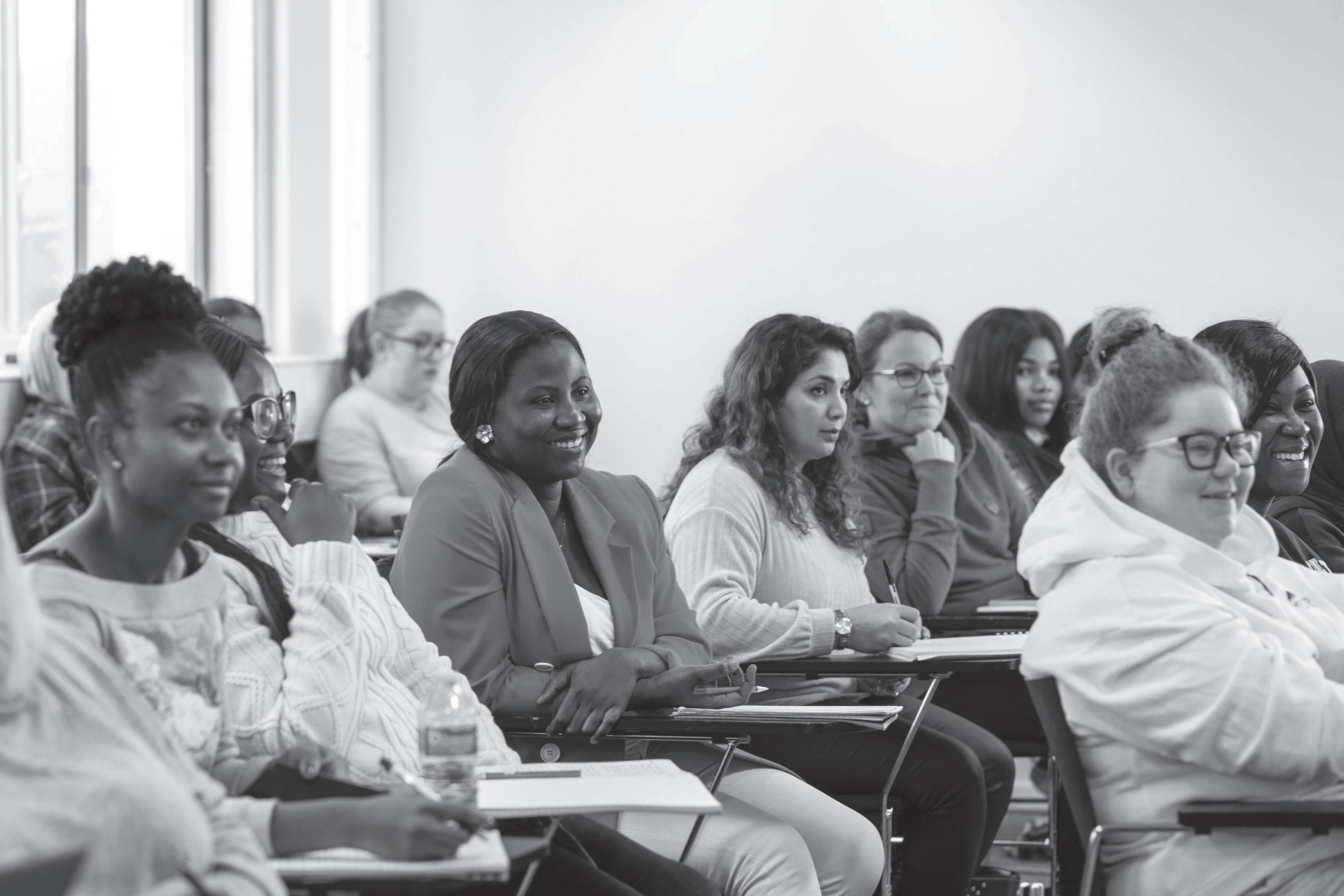
https://www.facebook.com/ unibeds
• Pre-event publicity
• Live tweeting
https://twitter.com/uniofbeds
• Sales posts asking the audience to buy or take part in something.
• Urgent/time-bound communications
• Personal communications
• Wrongly sized images
• Sales posts
• Urgent/time-bound communications
✔ Read ROAM’s advice on social media
https://in.beds.ac.uk/MARC/socialmedia
✔ Use themed pages for your subject or service area, not your personal page
✔ Manage privacy settings
✔ Keep content appropriate and professional
Social Media team: socialmedia@beds.ac.uk Twitter
✔ Use Twitter to start conversations (but not arguments!)
✔ Use images or videos in your tweets to get more attention
✔ Use #hashtags to join a conversation
Social Media team: socialmedia@beds.ac.uk
• User generated images (e.g. weekly photo competition)
• Short engaging videos
https://www.instagram.com/ uniofbeds/
Youtube
• Instructional videos

• Short promotional videos
• Awareness
https://www.youtube.com/@ uniofbeds
TikTok
• Short engaging videos
• Promoting and informing students in a fun and creative way
https://www.tiktok.com/@ uniofbeds
• Event flyer images
• Full upload of event photos
– choose 1-2
Youtube
• Urgent/time-bound communications
✔ Make the images eye-catching and high resolution
✔ Manage privacy settings
✔ Use #hashtags to make images searchable
✔ Videos can also be used for TikTok or YouTube Shorts
Social Media team: socialmedia@beds.ac.uk
Digital screens
• To raise awareness of issues
• To advertise events and opportunities
• Short, snappy messages
• Images and video
TikTok
• Lengthy content
• Sit down videos
✔ Video content can be published on both Facebook and YouTube
✔ Republished content can be embedded on the website
✔ This channel should not be used in isolation: the audience needs to be directed to the content
✔ Video should be less than 1 minute long
✔ Content should be engaging with a voiceover or storyline
✔ Have a call to action at the beginning/end
✔ Videos can also be used for Instagram Reels and YouTube Shorts
Social Media team: socialmedia@beds.ac.uk
• Anything that requires mastery of detail
✔ Use to supplement other forms of communication, not as a primary medium
✔ Use for fixed periods of time, otherwise messages become part of the scenery
✔ Severely limit use of text
✔ Read guidance on digital screens: https://in.beds.ac.uk/MARC/internal/digital-signage
Social Media team: socialmedia@beds.ac.uk
Student Communications: studentcommunications@ beds.ac.uk
Print material: Notice boards, posters, and flyers
Flyers
• Information stalls
• Future use e.g. vouchers for incentive
• Supplementing face to face conversation – a takeaway
• Content marketing: advice and info before call to action.
• Put them up/distribute them in good time and remove them once they are no longer relevant
• Keep them up to date
• Include a removal date on your posters
• Do not put up commercially sensitive information
• Designate a point of contact for further information
• Use our online Print Shop submission system
* Print materials are not always suitable and would consider using other channels*
✔ Use Twitter to start conversations (but not arguments!)
✔ Use images or videos in your tweets to get more attention
✔ Use #hashtags to join a conversation
Student Communications: studentcommunications@ beds.ac.uk
Posters & Notice Boards
• General awareness of services, events and activities across campus sites
• Minimal content and striking imagery
Posters & Notice Boards
• Too many posters can cause poster blindness, so that your audience misses the information.
• We are trying to be more sustainable and more to digital content where possible
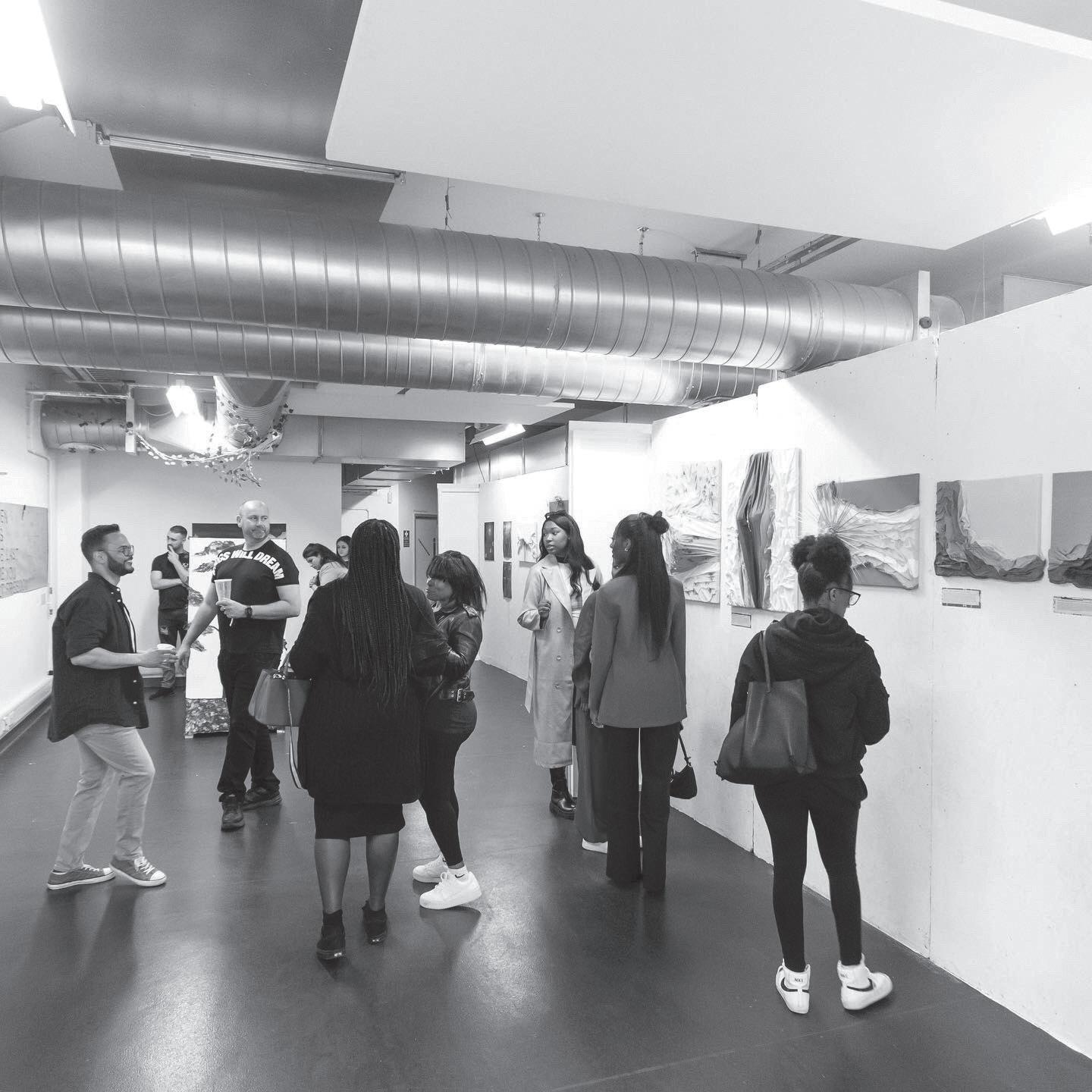
✔ Make the images eye-catching and high resolution
✔ Manage privacy settings
✔ Use #hashtags to make images searchable
✔ Videos can also be used for TikTok or YouTube Shorts
Student Communications: studentcommunications@ beds.ac.uk
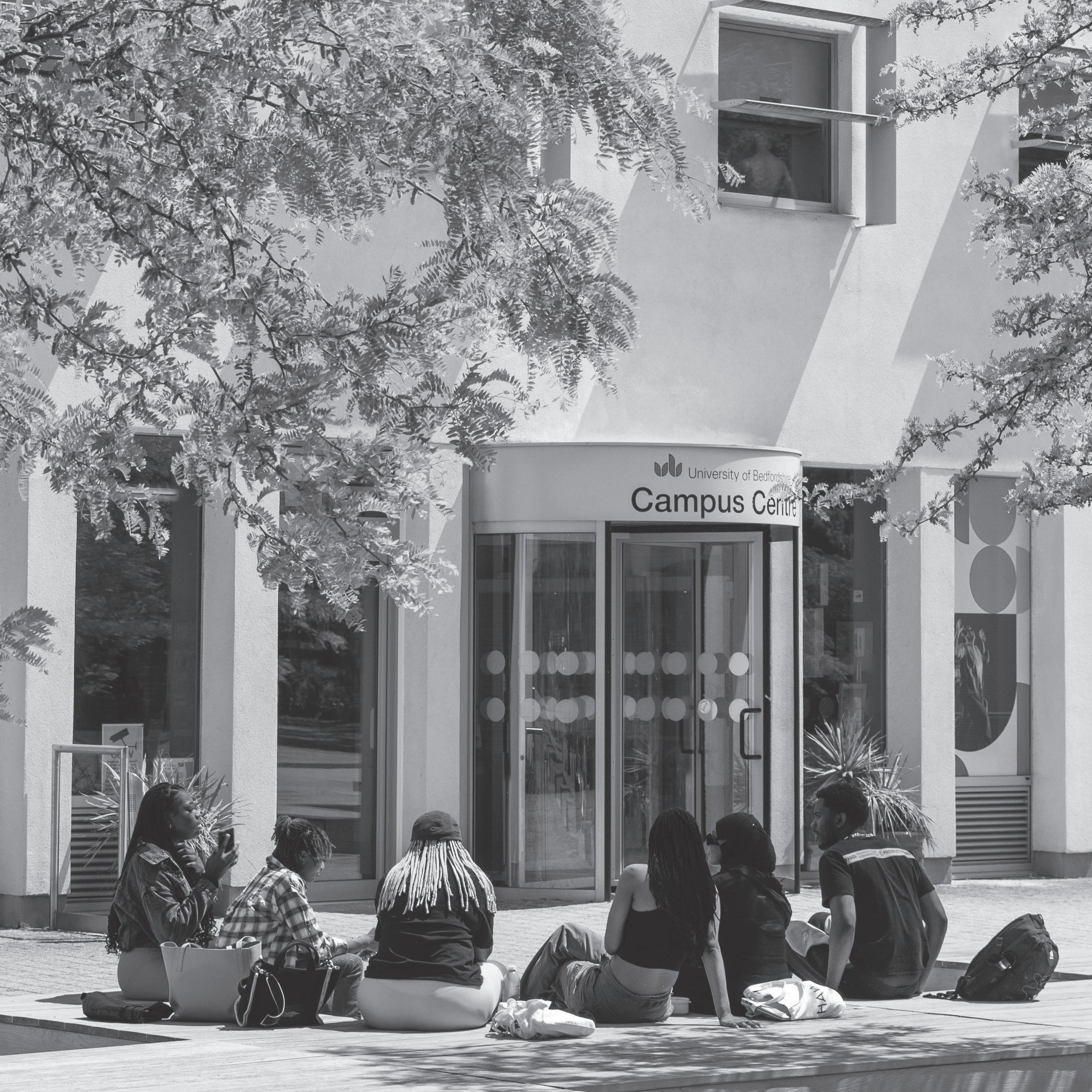
Beds Students’ Union: bedssu@beds.ac.uk
BREO: breosupport@beds.ac.uk
Corporate Student Communications: studentcommunications@beds.ac.uk
IT and Digital Signage: Log an IT help desk
Learning Resources: LearningResources@beds.ac.uk
Student Experience: studentexperience@beds.ac.uk
Website: website@beds.ac.uk
